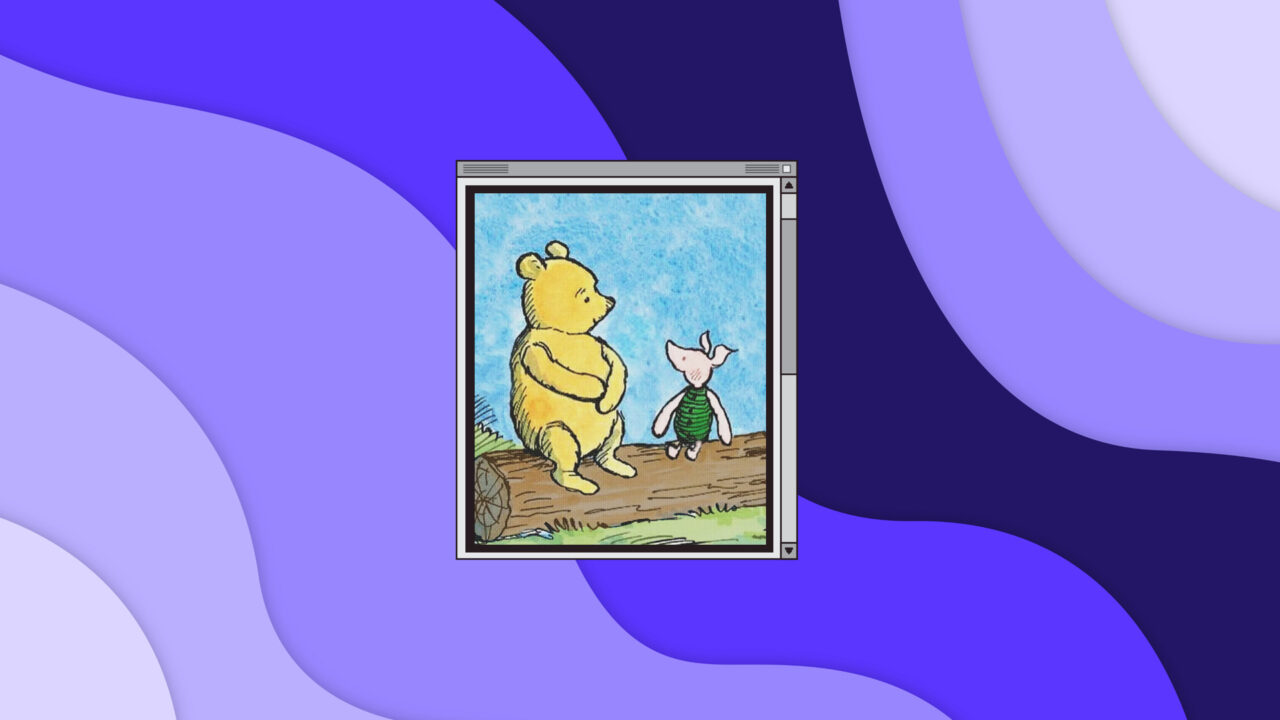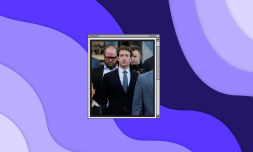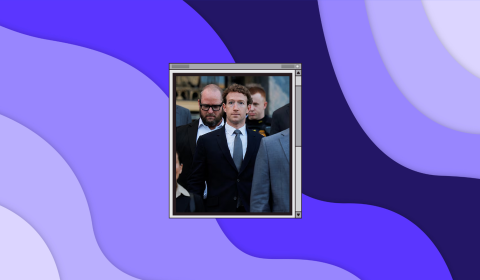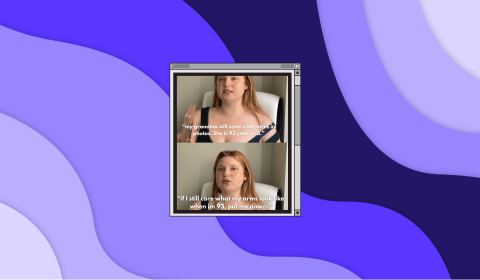it’s always a good idea to talk things through.
When you’re struggling with your mental health, the first piece of advice you’re usually given is to ask for help – to be honest about it with someone you trust.
Anyone who’s experienced the feeling of being at war with themselves, however, will know that it’s never that simple.
In this headspace, the mind can be unnecessarily cruel, coercing us into believing that we’re entirely alone in our suffering and that opening up will burden the people we ‘offload’ onto.
It’d be stating the obvious to say that this is by no means the case, but it can be a significant challenge to see – and have faith in – that when internal conflict has assumed control.
Instead, you keep it all inside because sharing, you think, will only make things worse.
Recent conversations with loved ones have reminded me that what actually happens is the opposite, though.
Whether over the phone or in person, each ‘catch-up’ was incredibly grounding. I say ‘catch-up’ because I’m terrible at staying in touch, so they were just as much ‘fill me ins’ as they were an opportunity for me to talk things through and come back down to reality.
Despite my less-than-ideal efforts to communicate and penchant for suppressing, in fact, I was still made to feel immediately safe in the scope of my emotions and like I had room to express myself free from judgement and fear of what the response could potentially be.
Afterwards, I would be kicking myself for the silliness of continuing to listen to – and adhere to – my negative thoughts which, as per, were against me.
I would also be questioning why we so easily forget that people care and convince ourselves otherwise when we’re hurting.
Lately, I’ve been wondering if it’s to do with society’s relentless push for individualism.
I’m not referring to our unique ‘essence’ here (what makes us, us), rather how much we’re encouraged by the structure of existence to channel independence above all else.
There’s a reason that concerns are increasingly being raised about our collective distancing from community in the digital age.
Yes, social media’s paved the way for more transparent discourse on mental health, but to what extent?
Besides the prolific awareness-raising and culture of self-diagnosing, how many of us has it genuinely helped?
Can we without doubt uphold that the content we consume is what encourages us in our lowest moments to take the next step and seek support?
My argument is not that social media doesn’t make us feel seen – there’s no denying it’s flipped the script there – but that because it does so in short bursts, this lack of longevity is what prevents us from making tangible changes that stick.





















